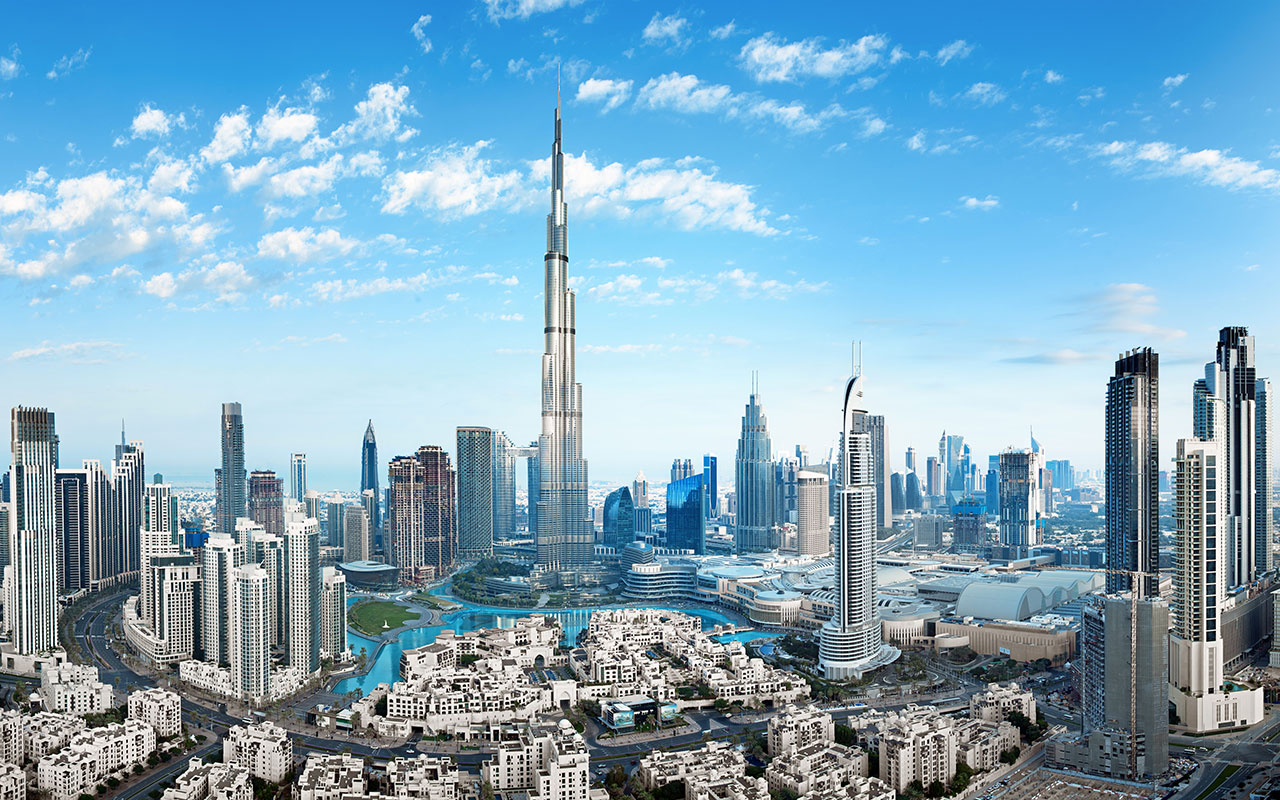The philosophical significance of property ownership

Property ownership has long been a cornerstone of human civilization, representing not only wealth but also security, autonomy, and identity. The concept of owning a piece of land or an apartment transcends mere financial investment; it is deeply rooted in the human psyche as a symbol of stability and legacy. The notion of owning property is often associated with the idea of control over one's environment and the ability to create a personal sanctuary. This intrinsic value of property is particularly evident in today's global real estate markets, where demand for prime locations, such as Apartments in Dubai, continues to rise, driven by the desire to possess something tangible in an ever-changing world.
Ownership as a reflection of personal identity
The act of acquiring property is not merely a transactional process; it is a reflection of one's aspirations, lifestyle, and values. For many, the type of property they choose to own is a statement of their identity and a representation of their success. In urban centers around the world, including Dubai, owning an apartment is often viewed as a marker of personal achievement and social status. However, beyond the superficial aspects, property ownership offers a deeper connection to the self. It provides a sense of permanence in a transient world, grounding individuals in a specific place and time. The emotional and psychological benefits of owning property cannot be understated, as it offers a refuge from the uncertainties of life and a space where one can truly be oneself.
The philosophical underpinnings of property rights
Property rights have been a subject of philosophical debate for centuries, with thinkers such as John Locke and Jean-Jacques Rousseau exploring the moral and ethical implications of ownership. Locke, for instance, argued that property is a natural right derived from an individual's labor and that the protection of this right is essential to human freedom and prosperity. On the other hand, Rousseau questioned the impact of property ownership on social equality, suggesting that it could lead to inequality and social strife. These differing perspectives highlight the complex nature of property ownership, where the desire for personal autonomy must be balanced with the broader implications for society. The legal frameworks that govern property rights today are deeply influenced by these philosophical discourses, ensuring that the right to own property is protected while also considering the welfare of the community.
In conclusion, the concept of property ownership is more than just a legal or financial matter; it is a profound expression of human nature and philosophical ideals. It reflects our desires for security, identity, and control, while also engaging with broader ethical and social considerations. As individuals and societies continue to navigate the complexities of property ownership, the philosophical significance of owning a piece of the world remains a topic of enduring importance.
The evolving concept of ownership in a globalized world
As the world becomes increasingly interconnected, the traditional concept of property ownership is undergoing significant transformations. Globalization has blurred the lines of national borders, enabling individuals to acquire property in foreign lands with relative ease. This shift has introduced new dimensions to the idea of ownership, where the value of property is not only measured by its physical attributes or location but also by its accessibility and potential for investment. In this context, property ownership has become a dynamic and fluid concept, reflecting the broader trends of mobility, technology, and global citizenship.
Moreover, the digital revolution has given rise to virtual forms of property, challenging the conventional understanding of what it means to own something. From cryptocurrencies to digital real estate in the metaverse, the very nature of ownership is expanding beyond physical boundaries. This evolution prompts us to reconsider the principles that have historically governed property rights and to explore new legal and ethical frameworks that can accommodate these emerging forms of ownership.
The implications of this evolving concept of ownership are profound, particularly as they relate to:
- The democratization of access to property: As technology lowers the barriers to entry, more people around the world can participate in property markets, whether physical or digital.
- The redefinition of value: Property is increasingly valued not only for its material or locational qualities but also for its potential to generate income, provide experiences, or serve as a form of social capital.
- The challenges of regulation: As new forms of property emerge, existing legal systems must adapt to ensure fair and equitable ownership rights, while also addressing issues of privacy, security, and fraud.
These developments underscore the need for a more nuanced understanding of property ownership in the modern era. As we navigate these changes, the philosophical and ethical questions surrounding ownership will continue to evolve, shaping the way we think about property, rights, and the very notion of what it means to own something in a rapidly changing world.
 22:38
22:38